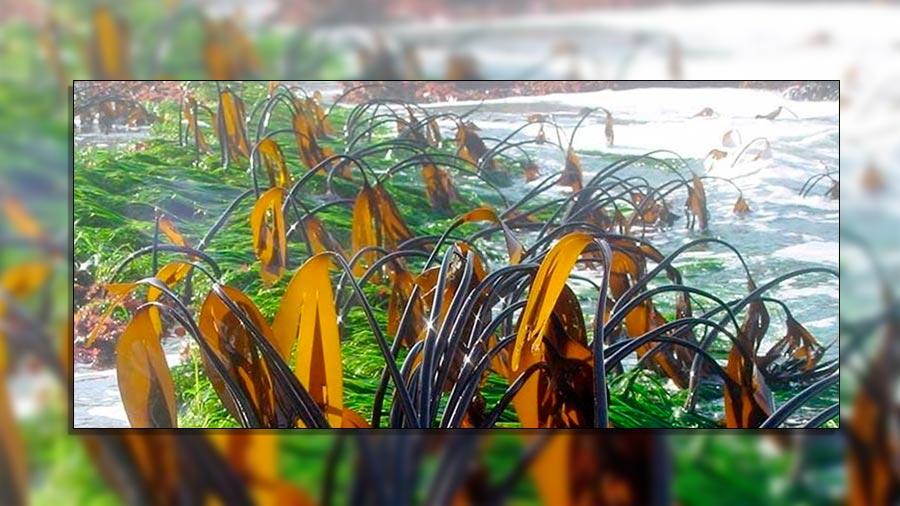The acidification of the world’s oceans could lead to a cascading loss of biodiversity in some marine habitats, according to research published in Nature Climate Change.
The work of researchers at the University of British Columbia (UBC), Canada, and colleagues in the United States, Europe, Australia, Japan and China, combines dozens of existing studies to have a more concrete picture of the impact of ocean acidification .
While most research in the field focusing on the impact of ocean acidification on individual species, the new work predicts how acidification will affect the living habitats, such as corals, seagrasses and kelp forests, which form the houses of other species in the ocean.
“It’s not too surprising that the diversity of species in habitats based on calcium carbonate as coral reefs and beds of mussels is projected to decrease with increasing ocean acidification,” he said in a statement zoologist UBC and biodiversity researcher Jennifer Sunday, who led the study. It is expected that the species that use calcium carbonate to build their shells and skeletons, such as mussels and corals, are particularly vulnerable to acidification.
“The more complex responses are those of the seagrass beds that are vital to many species of fish. They showed potential to increase the number of species that can withstand, but the real-world evidence shows that are not achieving this potential, which highlights the need to focus not only on individual species, but how the habitat that sustain that sets the stage for nature responds and interacts with climate change, “he adds.
Some victims undermine biodiversity
The researchers combined data and observations ten field studies that measured the impact of volcanic vents submarines, which release carbon dioxide and mimic the conditions of future ocean acidification on the density of species that form the habitat. They pooled these data with 15 studies that analyzed how changes in habitat impact on local species to make their predictions.
“We’ve known for a while that there will be big losers and some winners climate change –afirma marine ecologist at UBC, Christopher Harley, lead author of artículo–. We have no time to measure the impact of climate change on species but using this approach allows us to make reasonable predictions. we now have a much clearer picture of how some losers can drag biodiversity with them and how some other species habitat could help mediate in response to acidification. ”
“For example, in the Pacific Northwest, it is likely to decrease the number of mussels grocery saltwater medium to large size, as the chemistry of our oceans changed, and this is bad news for the hundreds of species use them as habitat, “says Harley.
The researchers focused their study on the impact of ocean acidification on coral reefs, beds of mussels, kelp forests and seagrass beds that form the homes of thousands of marine species. They used observations of altered habitats around the world to project how changes in these habitats caused by ocean acidification will affect the number of species each habitat can support.
The researchers could test their predictions against real-world data from two sites: a coral reef near Papua New Guinea and a group of seagrass in the Mediterranean. In the case of coral reefs, diversity and complexity of marine life in the area decreased with increasing acidification and, despite predictions that the seagrass beds would be well under increasing levels carbon dioxide, no increase was observed in biodiversity.
Source: Europa Press











